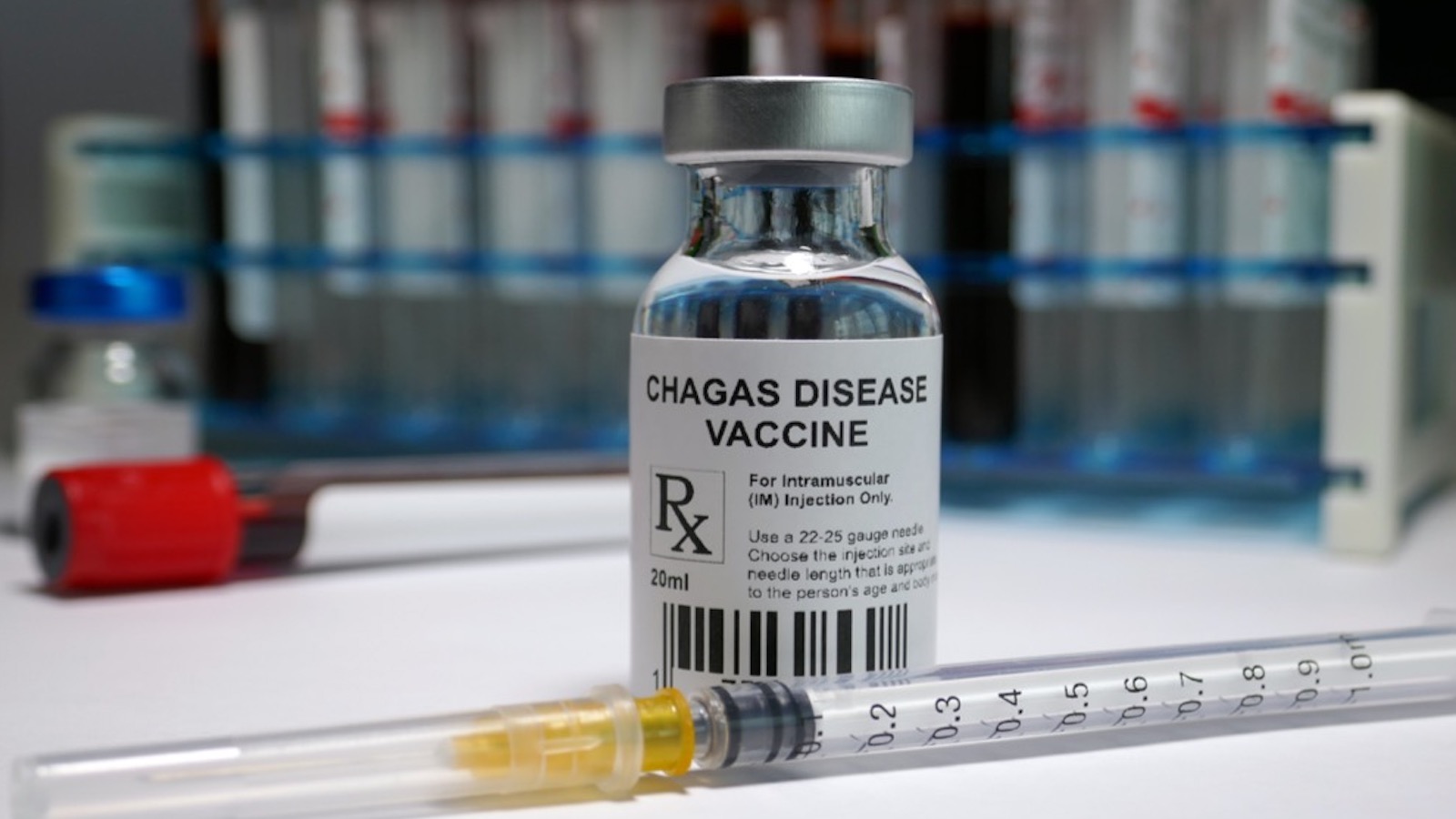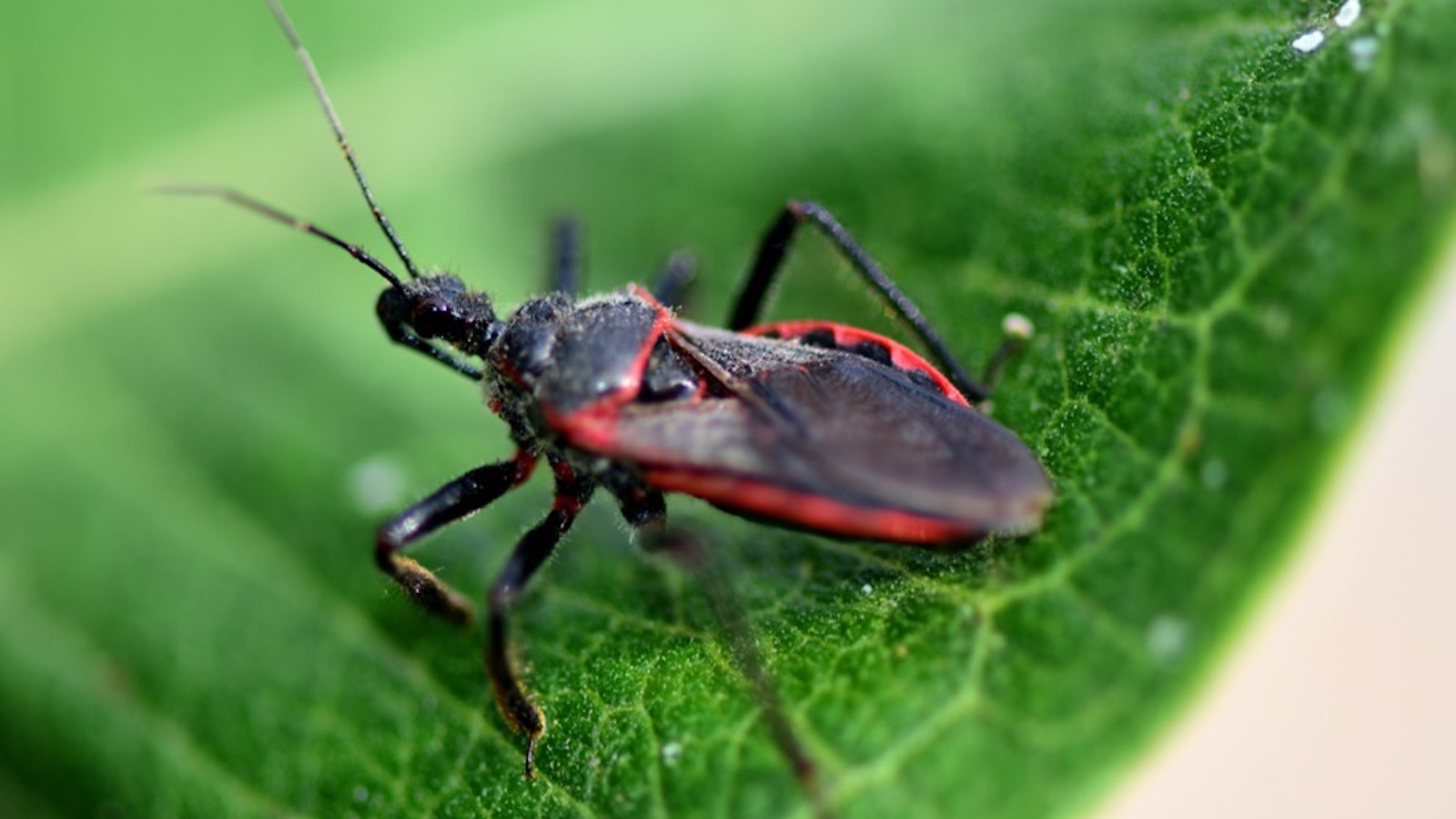Could a Simple Pill Make Vaccines Work Better?

Texas Heart Institute, University of Texas Medical Branch (UTMB), and 7 Hills Pharma Pioneer Significant Vaccine Research
HOUSTON, TX (September 14, 2021) – The Texas Heart Institute has announced that a research team led by its Vice President for Research Dr. Darren Woodside and Dr. Peter Vanderslice, of the Molecular Cardiology Research Laboratory, has pinpointed a game-changing application for the 7HP349 integrin activator – an immunostimulant developed by Houston-based 7 Hills Pharma, which Woodside and Vanderslice both helped to establish. Working in tandem with 7 Hills and a research group at the University of Texas Medical Branch (UTMB) led by Dr. Nisha Garg, the team have published a new study in Nature Partner Journal Vaccines that offers an innovative approach to enhancing the immune response in individuals by utilizing 7HP349 as an oral medication taken in the days following a vaccine dose in order to strengthen its effectiveness.
The study, Use of a small molecule integrin activator as a systemically administered vaccine adjuvant in controlling Chagas disease, examines how 7HP349 could be utilized to improve the efficacy of an experimental vaccine for Chagas Disease, developed in the laboratory of Dr. Nisha Garg at UTMB. She says “Chagas is a rare but life-threatening disease which is inflicted upon individuals by a parasite called Trypanosoma cruzi (T. cruzi) that is transmitted via insects; currently, there is not a vaccine for the disease. Chagas is endemic in Latin America and Mexico and causes damage to the heart and to the central nervous system. It is estimated that over 300,000 people in the United States and over 8 million worldwide are afflicted with Chagas Disease. Specifically, in Texas, scientists at Texas A&M University have been studying Chagas Disease in kissing bugs since 2012 and found that 55% of over 7,000 bugs studied possessed the aforementioned parasite that causes the illness. Texas is one of the three states, along with New Mexico and Arizona, that boasts the largest population of kissing bugs in the U.S., as well as the highest number of different species of the bug.”
“While not an overtly common ailment, Chagas is a very serious disease that can cause heart failure and stroke with lethal consequences,” Dr. Woodside emphasized. He added, “This research put forth in NPJ Vaccines presents data that indicates that immune response can be amplified when vaccines are administered by implementing the 7HP349 integrin activator as a supplementary oral medication. The study speaks to the power of multidisciplinary scientific collaboration and would not have been possible without the efforts of the talented individuals at 7 Hills Pharma and at UTMB.”
The 7HP349 integrin activator triggers a class of receptors called integrins that facilitate cell-to-cell interaction, which is necessary for generating an immune response, including those required for vaccines to work in an optimal fashion. In March of this year, 7 Hills Pharma began to evaluate 7HP349 for use with COVID-19 vaccines, and the integrin activator was already in development for use with vaccines for influenza.
“The 7HP349 integrin activator has the potential to alter the paradigm of vaccine administration given the promising indicators in preclinical models we have seen in boosting the immune response following administration of a vaccine dose,” Dr. Vanderslice noted. He added, “Typically, vaccines need to be pre-formulated with an additive component that kicks an individual’s immune response into high gear; here we are talking about an oral drug that can be taken after vaccination. This drug could be combined with numerous vaccines that are already formulated and therefore has potentially wide-ranging applications, including for populations of individuals who are immunosuppressed and do not respond well to vaccines – such as older individuals who often do not generate a robust immune response when they receive the seasonal influenza vaccine.”

“The beauty of this approach is that 7HP349 could be seamlessly added to standard vaccination and improve the effectiveness of any FDA approved, underperforming vaccines such as influenza, COVID-19 vaccines in at-risk patients, without the need to reformulate the vaccine. In doing so, we could save a tremendous amount of work in responding to pandemic threats” says Upendra Marathi, President, and CEO of 7 Hills Pharma.
Texas Heart Institute’s renowned Molecular Cardiology Research Laboratory (MCRL) is comprised of a unique team of researchers and scientists dedicated to leveraging their expertise in small molecule therapeutics to develop novel techniques to diagnose, treat and prevent cardiovascular disease. Drs. Woodside and Vanderslice consistently push the boundaries of investigation in the field by translating basic research aimed at understanding the molecular mechanisms of heart disease into innovative approaches for small molecule and cell-based therapeutics.
Read Full Article
Lokugamage, N., Chowdhury, I.H., Biediger, R.J., Market, R.V., Khounlo, S., Warier, N.D., Hwang, S.-A., Actor, J.K., Woodside, D.G., Marathi, U., Vanderslice, P. & Garg, N.J. Use of a small molecule integrin activator as a systemically administered vaccine adjuvant in controlling Chagas disease. npj Vaccines 6, 114 (2021). https://doi.org/10.1038/s41541-021-00378-5
###
ABOUT TEXAS HEART INSTITUTE (THI)
The Texas Heart Institute, founded by world-renowned cardiovascular surgeon Dr. Denton A. Cooley in 1962, is a nonprofit organization dedicated to reducing the devastating toll of cardiovascular disease through innovative and progressive programs in research, education, and improved patient care. THI’s scientists and physicians conduct fundamental biomedical, translational, and clinical research in cardiology, cardiovascular surgery, molecular-based medicine, stem cell, and gene therapy, and regenerative medicine both independently and in collaboration with organizations worldwide. As global leaders of patient care for nearly six decades, Texas Heart Institute has been ranked among the top cardiovascular centers in the United States by U.S. News & World Report for more than 30 years. THI is dedicated to spreading awareness and sharing updates on ways to prevent, treat and defeat the cardiovascular disease. With over 12 million visitors coming to its website from around the world every year, www.texasheart.org is just one of the ways THI is helping to educate people on the importance of heart health. For more information, please visit https://www.texasheart.org.
ABOUT THE MOLECULAR CARDIOLOGY RESEARCH LAB AT THI
Texas Heart Institute’s Molecular Cardiology Research Laboratory (MCRL) is a unique team of researchers and scientists dedicated to leveraging their expertise in small molecule therapeutics to develop novel techniques to diagnose, treat and prevent cardiovascular disease. For more information, please visit https://www.texasheart.org/research/molecular-cardiology-research-lab/.
ABOUT 7 HILLS PHARMA
7 Hills Pharma is a clinical-stage pharmaceutical company, developing first-in-concept integrin activators to augment immunotherapies for the treatment of drug-resistant solid tumors and infectious diseases. Its compounds are novel, first-in-class systemic integrin activators that have been shown in preclinical models to increase and prolong cell adhesion while maintaining the ability to move and migrate. In doing so, 7HP compounds are expected to augment antigen presentation and immune priming to facilitate a productive immune response against a variety of antigens including antigens from solid tumors and infectious diseases. The lead compound, 7HP349 is an oral VLA-4/LFA-1 allosteric activator that will be in Phase I testing for PD-1 refractory solid tumors, and geriatric influenza. 7 Hills is managed by an experienced group of pharmaceutical executives with the requisite expertise to take the Company from molecule to market—the team has successfully developed and secured FDA approval for five New Drug Products. For more information, please visit http://www.7hillspharma.com/.
This work was supported in part by a grant from NIH/NIAID (AI136031) and a seed grant from 7Hills Pharma to N.J.G, NIH/NCI (CA203456) to D.G.W. and U.M., as well as a grant from the Robert J. Kleberg Jr. and Helen C. Kleberg Foundation to P.V.






